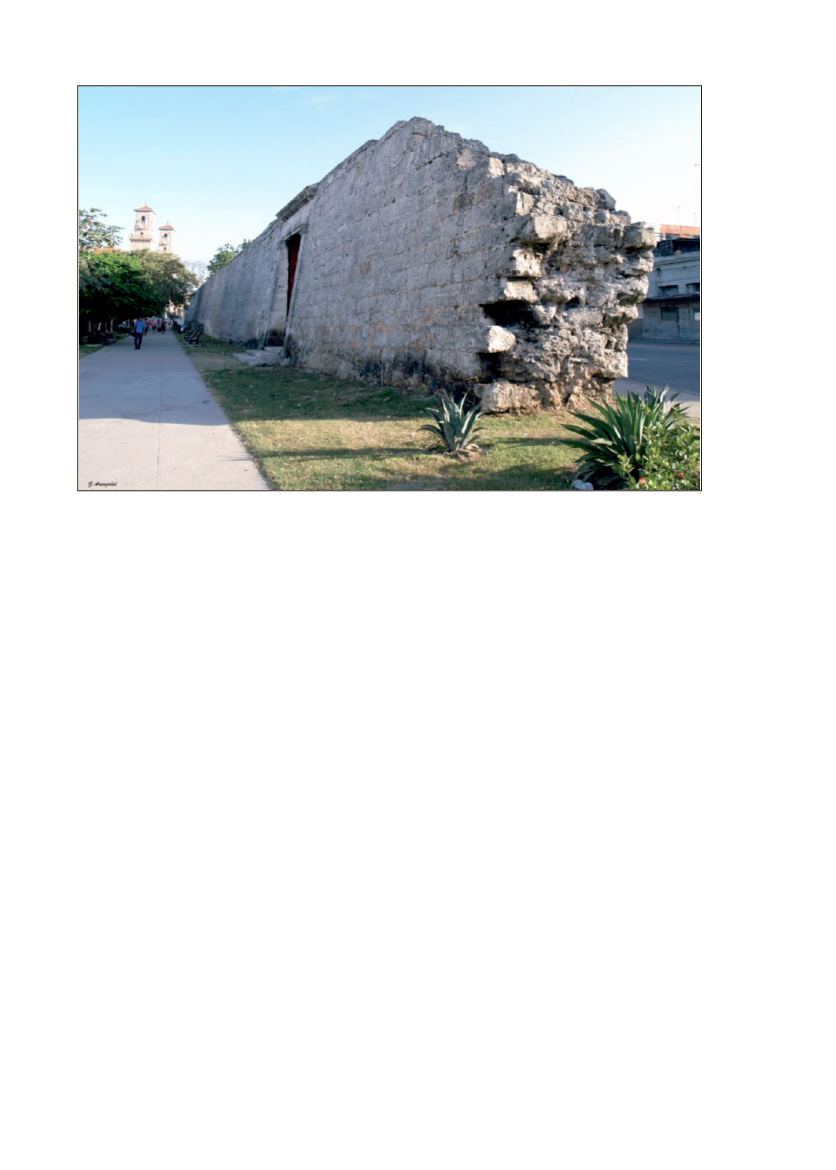
142
The lands occupied by old fortifications (he means the protective wall around the
city: fig. 4) are going to be sold, not expensive, but there are not many buyers.’ He
is very interested in the political situation and in the future of slavery and the sugar
production as in his previous visit, and he travels to Matanzas, an important place
with many sugar mills and thousands of slaves. He always refers to the beauty of
nature.’ The landscape is never monotonous, only interrupted by the poor houses
of the black or the houses of the owners ...’ In Matanzas he tries to get information
about the sugar mills and travels to some of them and he realizes that the abolition of
slavery could be, if finally accepted, a problem for further investments and benefits.
IV
Many years later in 1886, the famous discoverer of Troy visits Cuba again: ‘I am
going to Cuba to know about the problem of agriculture and commerce, principal-
ly the low prices of sugar and the situation of slavery ...’
This time he tries a new place: The Telegraph hotel where he pays $4 daily in gold.
The food is very good and he praises the fruits, bananas, pineapples and coconut
milk. This last part of his Diary is difficult to read, he wrote it in a hurry or perhaps
he was very tired or nervous. He visited all possible sugar mills (fig. 5) again, saw
Fig. 4 – Walls around old Havana









